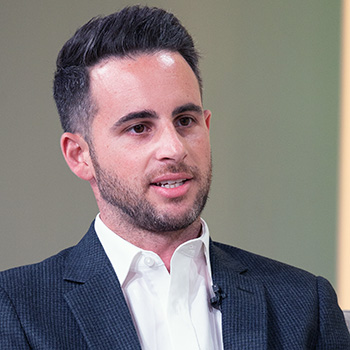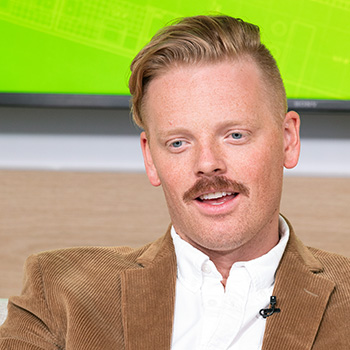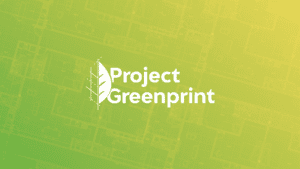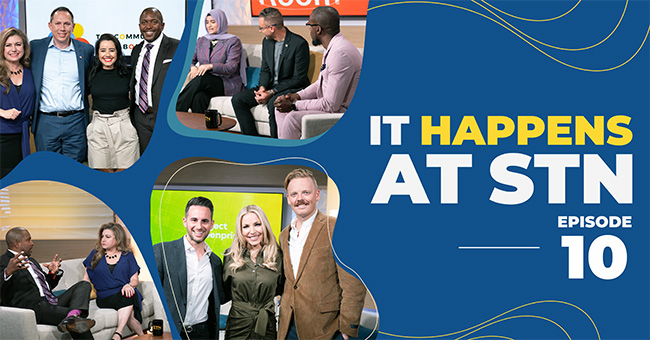It has been a constant rallying cry in the fight against climate change: Businesses need to be better stewards of the environment. But, that can be difficult when it comes to founding, moving, or growing a company.
For the Season 1 finale of Project Greenprint host Kristen Keogh sits down with CEO and Cofounder of OnePointOne Sam Bertram and GPEC Vice President of Business Development Mark Paratore to talk about how “green” can be good for the bottom line and the community and how the resources available for entrepreneurs make Arizona a good place to do it.
Project Greenprint is part of It Happens at STN, a local news hour dedicated to community growth and actionable solutions.
Each month, innovators share insightful commentary on the latest sustainability initiatives in the Greater Phoenix area.
Watch the Project Greenprint action panel
Action Panelists
Action Panelists
Mark Paratore
Vice President of Business Development – GPEC
Sam Bertram
CEO/Cofounder – OnePointOne

Importing Innovation
The impact that it has on the economy is quite robust. When we think about the capital that follows on the high-wage jobs that are then created as a result and then the clustering of companies like Sam’s and OnePointOne here within the region, it really creates that flywheel effect. It continues to advance our economic development priorities as well as the vitality of our region moving forward. So it’s quite robust and something that we see as a huge opportunity moving forward for the region.
Leadership Lesson
I think the biggest thing that we can do as a community and as a region is carry on that momentum that’s currently happening here. Arizona, [and] greater Phoenix is a wonderful place to test, deploy, and scale innovation, doing so in a way with all the elements that Sam [Bertram] alluded to. As a community, just continuing to build upon the momentum that’s happening in the marketplace is really important.
Passing the Torch
If we think about what that next generation of founders and innovators looks like, and when you think about the impact that it’s going to have on our earth and on our planet, they’re really more intentional and really mindful about leaving the earth a better place than they found it. I think that’s something that is really important as [a] society, as leaders within the overall community, we just continue to build upon that momentum and support the next generation of founders and leaders.

Third Dimension Farming
Imagine a two-story house that has a volume that we’ve turned into an automated farm. Rather than just using the two dimensions on the floor, like traditional agriculture, we use that third dimension. We bring robotics and artificial intelligence in to automate the process and optimize the process to grow the highest quality plants on Earth.
Why Phoenix?
First of all, it wasn’t the Bay Area, which is where we came from. But, you know, we looked at a number of different metrics: the quality of the labor force, cost of labor, cost of real estate, cost of electricity, access to transportation and logistics.
But it was really organizations like Mark’s [GPEC]. Once we arrived, it was that hospitality, which is something now we’ve gotten used to, which is great. That really made us, first of all, select Arizona, but made us stay. We are here for good now.
This is a phenomenal place to bring your business. Not just to open up a chapter, but to bring your headquarters, bring the founders, bring the C-suite and grow the business.
Community Connections
I see every business owner as an innovator starting a business and making a business succeed in and of itself. You have to be innovative. There’s a lot of comradery [here]. It’s a lot more hidden in the Bay Area. The Bay Area has a little bit more… flare.
It’s fantastic to come out here and every second person you meet is either a business owner, business operator, a franchisee. So they understand the toil that’s required to take a business from zero to one.




